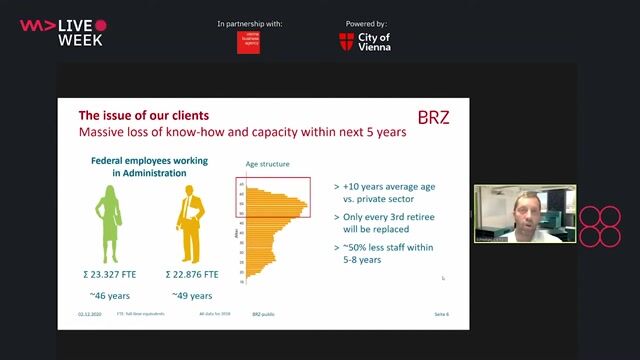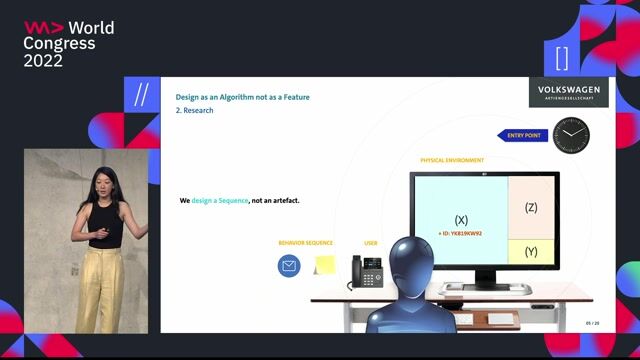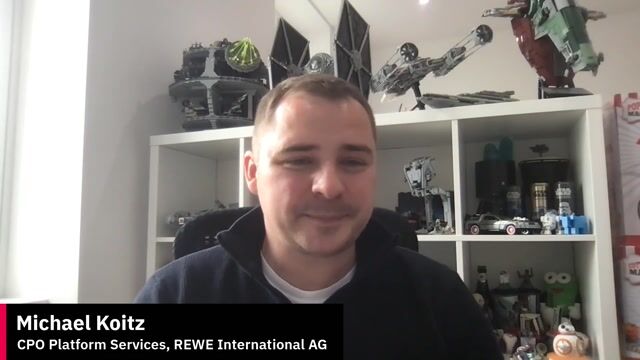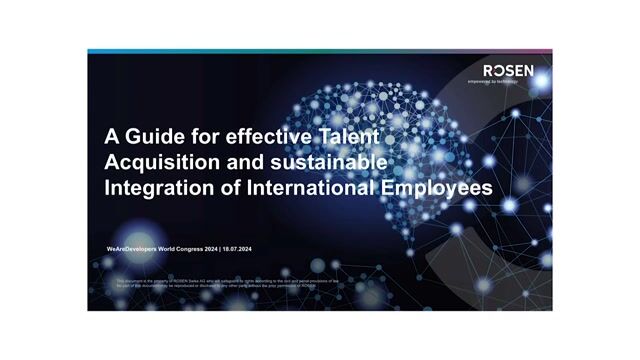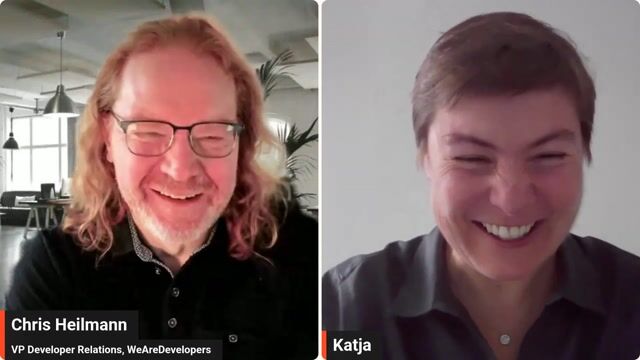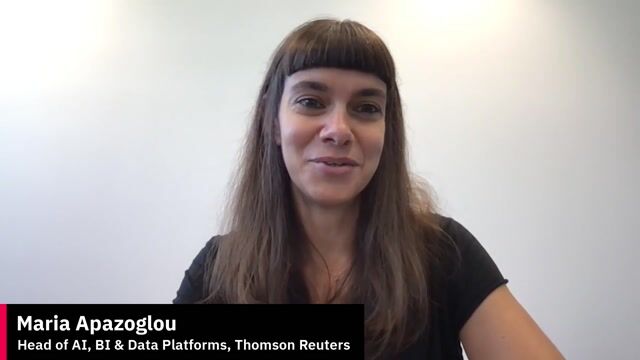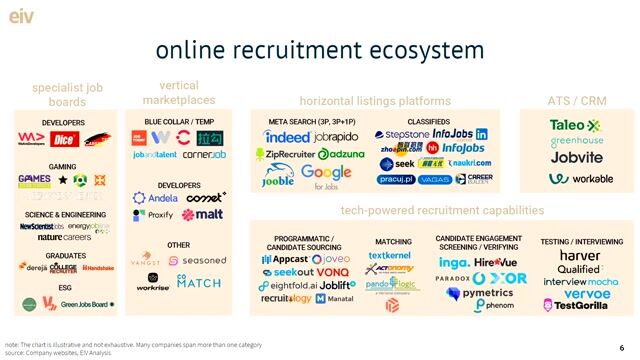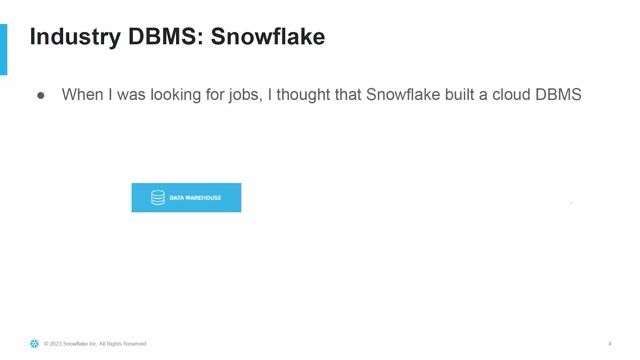Research Information Analyst
Role details
Job location
Tech stack
Job description
Temporary cover: This post is fixed-term until December 2026 or the return of the post holder, whichever is the earlier.
Requirements
Are you interested in analysing data to help shape conversations, polices, and procedures? Do you like to work with people to understand their problems and think up solutions? Do you thrive on the opportunity to learn new ways of working in a fast-paced environment, and promote continuous improvement?
The University of Cambridge Research Office wishes to appoint a Senior Research Information Analyst to support the University's submission for the Research Excellence Framework (REF) 2029. This is an excellent opportunity to join the University of Cambridge Research Information team at an exciting time and in a dynamic role.
Candidates should be able to demonstrate excellent organisational, communication and interpersonal skills - including the ability to liaise credibly with academic colleagues and researchers and external contacts. You will be well-organised, proactive, and responsive, with the ability to communicate complex data at all levels and to work well within and across teams. With an excellent level of attention to detail, you will be able to prioritise effectively and work quickly and accurately. You will be flexible and adaptable, with excellent problem-solving skills and the ability to remain calm under pressure whilst managing workloads to meet multiple deadlines.
The post holder will work with professional services colleagues to support and maintain the University's research information in preparation for REF2029. This will involve building capacity and technical solutions for analysis reporting, and supporting their effective implementation across the University. Acquiring a thorough understanding of the way research and researchers work in a variety of disciplines is essential to performing the role well.
A problem-solving attitude and an eye for opportunities to work more effectively would be highly valuable assets in this role. You will need a good understanding of the way databases work, and some understanding or experience of data connectors, APIs, statistics, and Extract, Transform and Load (ETL) processes in R or Python would be great additional skills to bring to the team. Because the nature of the questions we face as a team, the role will necessarily involve a lot of data curation and preparation in order to be able to provide analyses and then to be able to describe both the insight they provide and, ultimately, their limitations.

